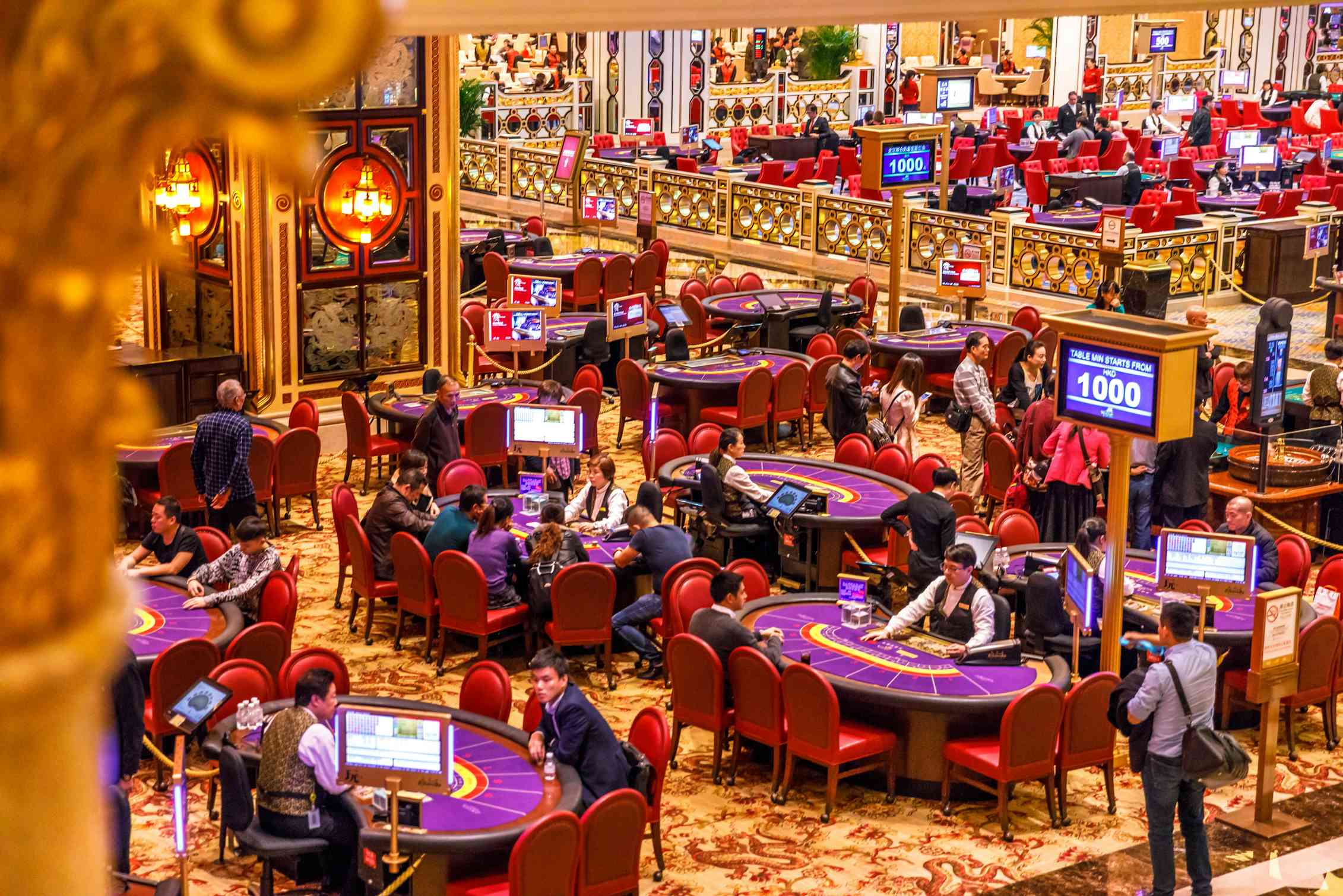
Gambling games have long captured the interest of humans around the world, becoming an important part of both fun and culture. From the shimmering lights of the Vegas Strip to the captivating experience of virtual casinos, these games evoke excitement, danger, and sometimes even a sense of remembrance. They are beyond just entertainments; they have woven themselves into the texture of society, influencing everything from movies and melodies to clothing and writing.
The allure of casino games surpasses the wagering aspect, tapping into wider themes of serendipity, chance, and psychology. As players convene around a card table or spin the wheel of fortune, they engage in an ancient ritual that connects with our shared desire for adventure and instability. This fascination has led to the emergence of many references in films, music, and gaming, showcasing how deeply entrenched these games are in pop culture. Whether it is the pressure of a legendary heist movie or the colorful nightlife portrayed in music videos, casino games have established a substantial niche that reflects our connection with reward.
Historical Impact of Gambling Games
Casino activities have played a crucial role in social aspects throughout history. Originating from old civilizations, forms of chance were often linked to rituals or events. For instance, early forms of gambling can be traced back to historic China and the Romans, where dice games and betting on results were common pastimes. These games not only served as leisure but also as methods of social interaction, facilitating connections among people within societies.
As societies evolved, so did the complexity and organization of gambling games. The creation of formal casinos in the 17th century, particularly in Italy, marked a major shift in how games were perceived and organized. With designated spaces for gambling, the casino became a community center where people from various backgrounds convened. This evolution contributed to the legitimization of gambling, transforming it from a mere pastime into an organized industry that influenced the economy and policy.
The effect of casino games on popular culture cannot be overlooked. As they were popularized in books and movies, games such as poker and 21 became symbols of risk, luck, and strategy. Famous characters and stories have emerged around these games, illustrating societal views towards fortune, wealth, and immorality. This fascination with gambling activities has infiltrated various forms of entertainment, cementing their place in the collective consciousness and linking them to wider cultural narratives throughout history.
Representation of Casino Games in Entertainment
Gambling games have long been a popular subject in various forms of media, reflecting both the thrill and complexities of the world of gambling. Movies such as Ocean’s Eleven and Casino Royal portray characters who navigate dangerous scenarios, showcasing not only the attractiveness of the gambling environment but also the methods and choices that come with playing popular games like Texas Hold’em and 21. These films often dramatize the thrill of winning and the potential consequences of losing, encapsulating the perils involved in betting.
Television shows have also explored the world of casino games, often integrating them into the plot as a setting for character arcs and drama. Shows like Las Vegas depict the stories of casino workers and patrons, highlighting the lively, often disorderly energy of the gaming floor. Docuseries featuring high-stakes gambling competitions further emphasize the appeal of gambling activities, drawing viewers into the excitement and planning involved in each round. https://hitclub.property/ Through these representations, media not only amuses but also stimulates conversations about fortune, skill, and the nature of chance.
Video games have increasingly included gambling activities into their structure, allowing players to simulate the experience of betting without monetary loss. Titles within the realm of digital gaming often include virtual slots, online poker, and other casino favorites, creating an immersive gameplay that mirrors actual casino experiences. These virtual portrayals make casino games accessible to a worldwide viewer base, appealing to both players who indulge and those who enjoy the excitement of virtual experiences. As a consequence, the portrayal of gambling activities in entertainment continues to shape public perception and importance, highlighting their role in society and social context.
Impact of Gambling Activities on Communities
Gambling activities have a significant effect on communities, affecting various facets of culture and social behavior. They often serve as a venue for community engagement, where people gather to experience a shared experience. Game nights with friends or trips to casinos become group events that build connections and create shared moments. This collective aspect enhances the entertainment value of gambling activities, making them a popular choice for festivities and leisure activities.
Additionally, gambling activities have been depicted in numerous movies, television shows, and literature, influencing perceptions and attitudes towards gaming and gaming. Icons like James Bond playing baccarat or the intense poker scenes in films have cemented these games in the shared imagination. This depiction often idealizes the lifestyle associated with gambling, attracting new players and influencing trends in both style and conduct. These portrayals can spark curiosity and lead to a more profound investigation of the intricacies of gambling.
Nonetheless, there are also adverse implications linked to the widespread appeal of casino games. The allure of quick monetary gain can lead to gambling addiction and financial troubles for some people. Society must grapple with these issues, advocating for responsible gambling and education of the risks involved. Finding a balance between the fun aspect of gambling activities with the potential for harm is vital to ensure that they remain a positive aspect of our societal fabric.
